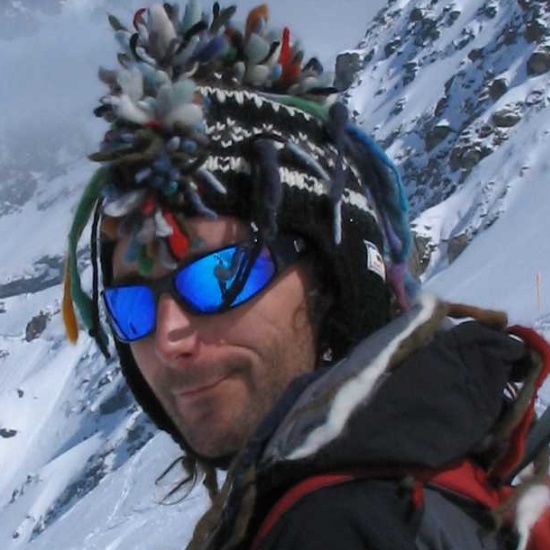Links to external sources may no longer work as intended. The content may not represent the latest thinking in this area or the Society’s current position on the topic.
Warm climates of the past - a lesson for the future?
Organised by Dr Daniel Lunt, Professor Harry Elderfield FRS, Professor Andy Ridgwell and Professor Rich Pancost
In several periods in Earth's history, the climate has been significantly warmer than present. What lessons about the future can be learnt from past warm periods? The answer depends on the quality of reconstructions of past climates, our understanding of their causes, and the validity of climate models which aim to reproduce them. This meeting will address these exciting and challenging issues.
This meeting was followed by a satellite meeting on Reconstructing and understanding CO2 variability in the past which took place at the Kavli Royal Society International Centre from 12-13 October 2011.
The proceedings of this meeting have been published in a dedicated issue of Philosophical Transactions of the Royal Society A.
Biographies and audio recordings are available below.



